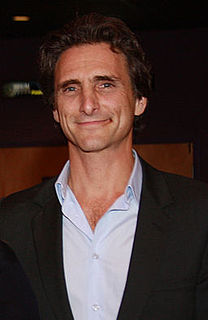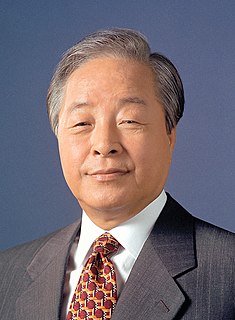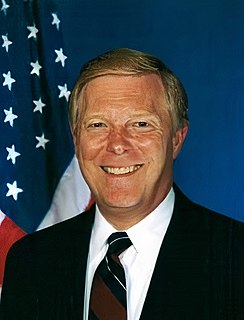A Quote by Clive Lewis
Ultimately, Boris Johnson and the political and financial support behind his Brexit project are probably the biggest threat to both British democracy and the post-war welfare state settlement we've faced in the post-war period.
































